just::thread C++11 and C++14 Thread Library V2.0 released
 just::thread 2.0 is now available.
just::thread 2.0 is now available.
Anthony Williams' implementation of the C++11 and C++14 threading library adds support for gcc 4.8 and Microsoft Visual Studio 2013 and with a number of new features.
just::thread now includes:
-
The new
std::shared_timed_mutexandstd::shared_lockfrom C++14 allow for multiple readers to hold a shared lock on a mutex or one writer to hold an exclusive lock. -
The extensions to the futures from the upcoming C++ Concurrency Technical Specification in the form of continuations.
std::future<>andstd::shared_future<>now have an additional member function "then()" which allows a further task to be scheduled when the future becomes "ready". This allows for improved support for asynchronous tasks. -
jss::when_anyandjss::when_allencapsulate a set of futures into a single future which becomes ready when either one or all of the provided futures becomes ready. This can be used with continuations to schedule asynchronous tasks to run when the prerequisites are ready. -
A new lock wrapper
jss::generic_lock_guardis provided. This is a concrete type rather than a template, and will lock any type of mutex which provides lock and unlock member functions.

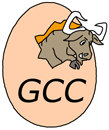 GCC 4.9.0 is now available, with further improved C++11 and C++14 conformance.
GCC 4.9.0 is now available, with further improved C++11 and C++14 conformance.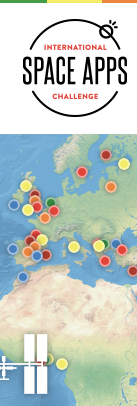 Today on Dr. Dobb's:
Today on Dr. Dobb's: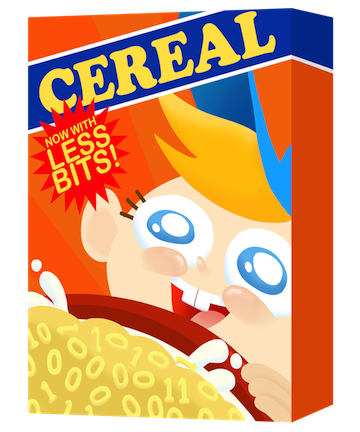 cereal 1.0 is available:
cereal 1.0 is available: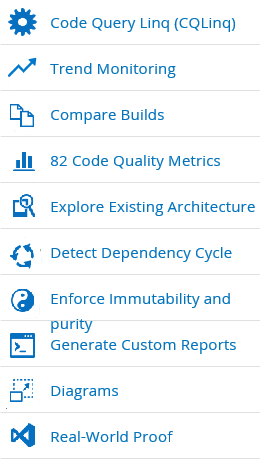
 The Oracle Solaris Studio 12.4 Beta is now released and available for download.
The Oracle Solaris Studio 12.4 Beta is now released and available for download. The STE||AR Group has released V0.9.8 of HPX -- A general purpose parallel C++ runtime system for applications of any scale.
The STE||AR Group has released V0.9.8 of HPX -- A general purpose parallel C++ runtime system for applications of any scale.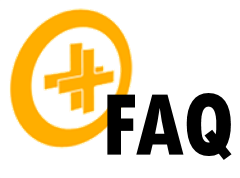
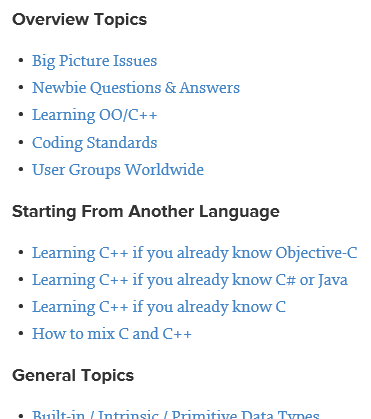

 TThe first stable release of the 3.x series of MetaScale’s open-source software is available: NT² 3.0. It also includes its spin-off project, Boost.SIMD (not yet a Boost library). Many Issues have been closed since last beta. The main focus of this release cycle was to fix performances issues and to stabilize some parts of the API.
TThe first stable release of the 3.x series of MetaScale’s open-source software is available: NT² 3.0. It also includes its spin-off project, Boost.SIMD (not yet a Boost library). Many Issues have been closed since last beta. The main focus of this release cycle was to fix performances issues and to stabilize some parts of the API.